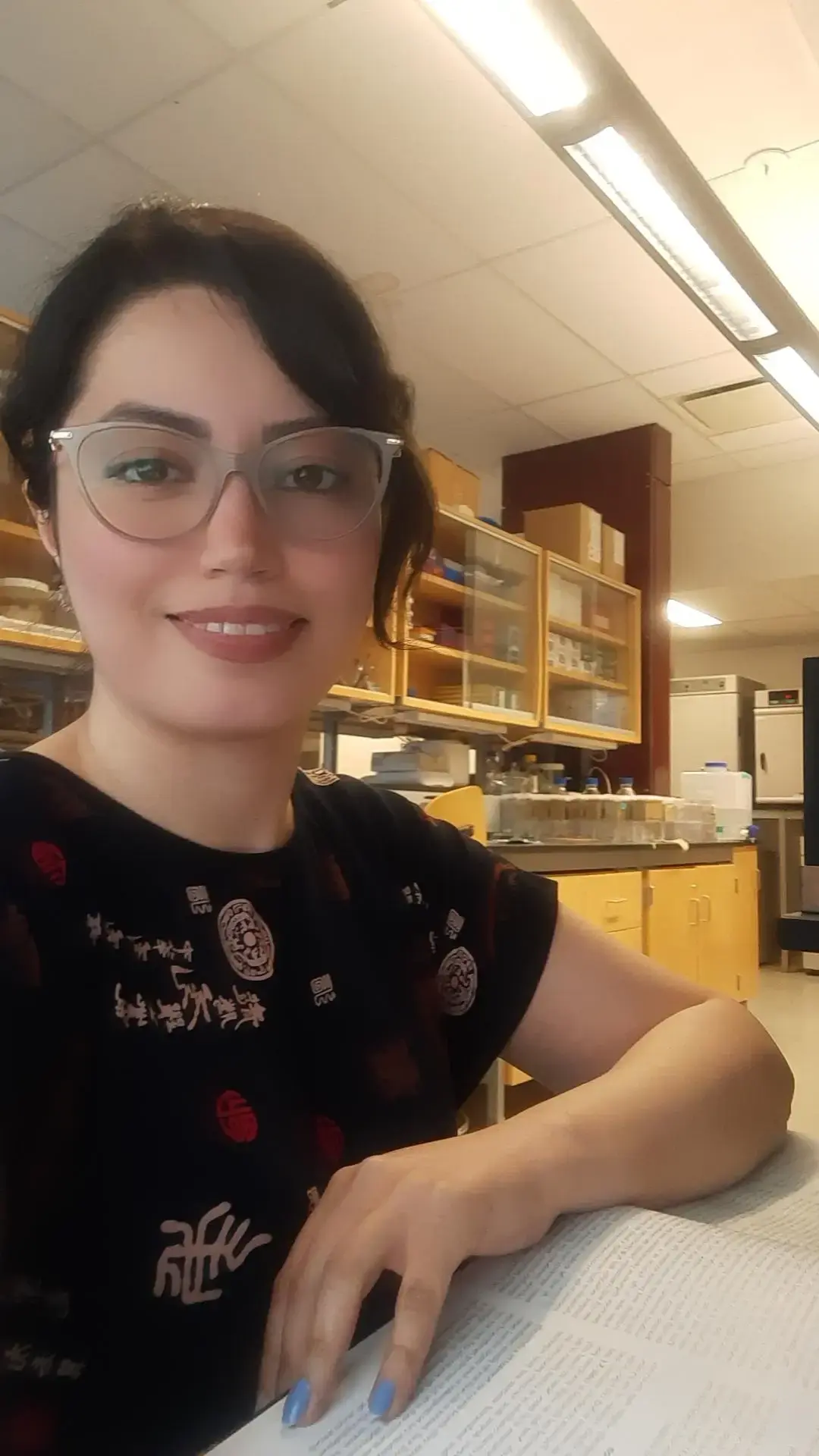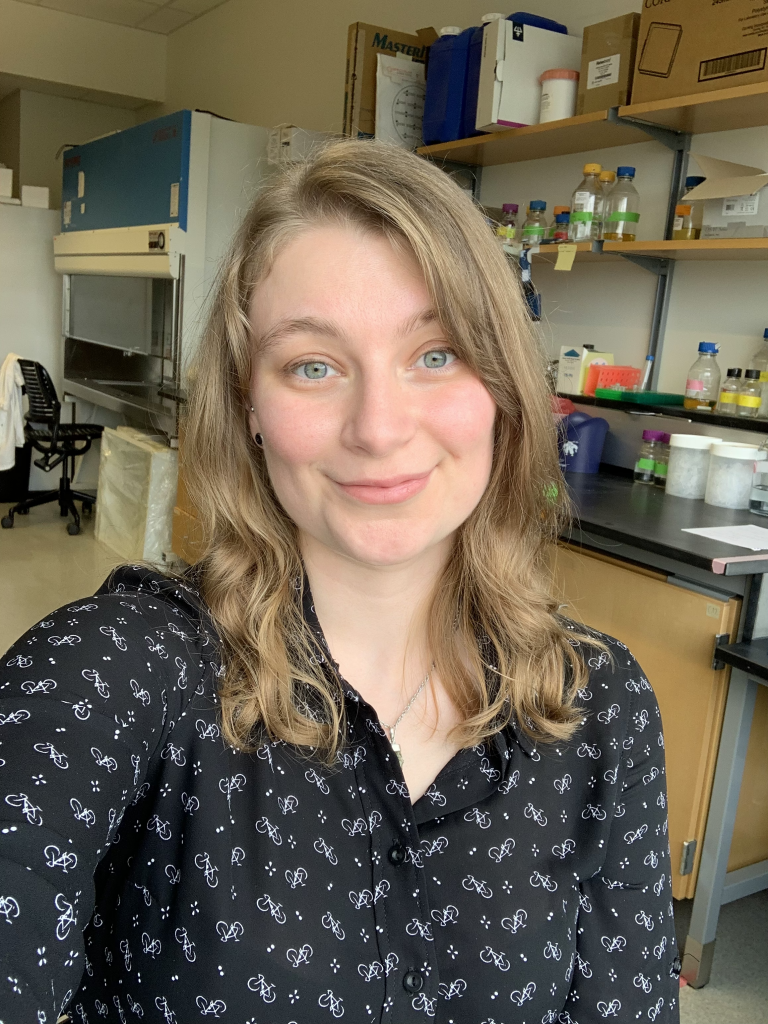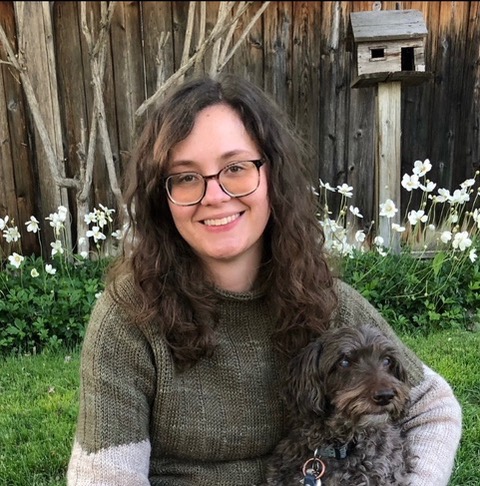Graduate Students

Mina Basiri, PhD Candidate
Supervisor: Chris Yost
My research involves the plant-microbe interactions, with a specific emphasis on deciphering the functions and importance of genes in rhizosphere and root microorganisms particularly the Rhizobium. Through my research, I employ techniques such as INSeq and RNA-Seq.

Rafa Grajales, MSc Student
Supervisor: Chris Yost
I am Rafa, Biotech Engineer with a passion for biological sciences, currently pursuing a MSc in Biology. My work relays on researching the interaction between microorganisms potentially inhibiting the growth of fungi-like pathogens that affect pulse crops along the region.
In my free time, I am passionate about sports and really enjoy sci-fi series.

Ashton Sies, PhD Candidate
Supervisor: Andrew Cameron
My research involves the study of bacterial plasmids in coastal marine ecosystems, with a focus on microbes associated with marine animals like shellfish and finfish. I aim to discover what genes are transferred between marine bacteria on plasmids, and if these pose potential threats to animal health and human health.

Bere Mondragon, MSc Student
Supervisors: Carly Graham & Tzu-Chiao Chao
My research is directed to developing and improving detection methods for emerging pathogens and plasmids that carry antibiotic resistance genes in wastewater. Currently, my goal is to develop an on-site, reliable test for influenza by implementing genetic techniques that allow a high specificity and sensitivity without the need for complex lab equipment.

Laura Schnell, PhD Candidate
Supervisors: Andrew Cameron & Jordyn Broadbent (ECCC)
I study aquatic microbes. Currently, I am focused on early-detection of cyanobacterial toxin genes in dugouts. This project focuses on using RT-qPCR and isothermal amplification to detect toxin transcript levels. These will then be compared to toxin quantities over time to validate the predictive ability of transcript measurements.

Megan Zak, PhD Student
Supervisor: Andrew Cameron
I study the role of nucleoid-structuring proteins (NAPs) on regulating DNA transcription. Using techniques such as RNA-seq and qPCR, my work examines how environmental stressors and NAP silencing networks influence the expression on plasmid-borne genes, including those for horizontal gene transfer and antibiotic resistance.

Gracie Farago, MSc Student
Supervisor: Chris Yost
My research focuses on increasing our understanding of the genetic mechanisms that allow Rhizobium to survive in the rhizosphere and colonize host plant roots. I aim to characterize genes that are differentially regulated by the root exudate erythritol or changes in soil pH, which are both factors that impact root colonization success.